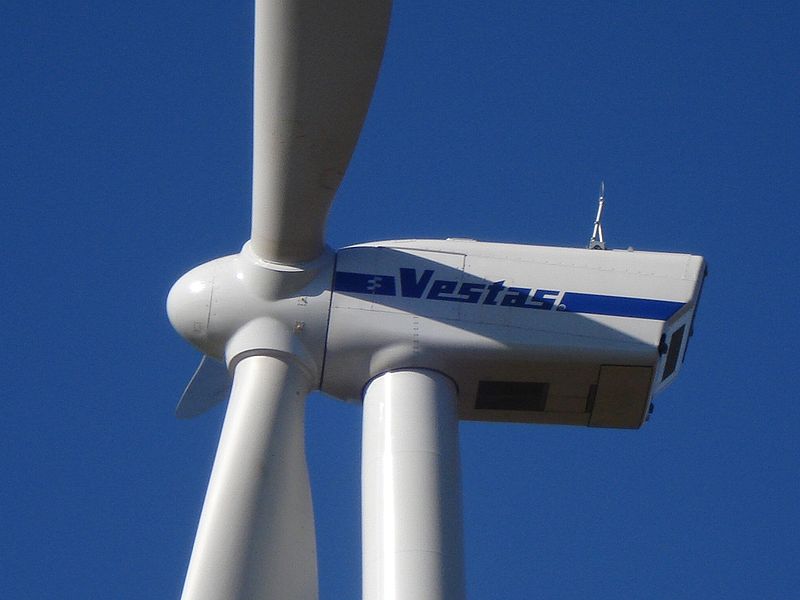Vestas has historically enjoyed success in the North American market. However this year, the Danish wind turbine manufacturer is positioned better than ever.
“Our record first quarter of 2015 was driven by a strong development in the United States, and we expect the US market will continue to remain strong into 2016,” Vestas communications director Michael Zarin told Børsen.
Zarin attributes this success to the continued reduction in the cost of wind energy, as well as the support of the PTC tax rebate – a federal incentive that provides financial support for renewable energy facilities.
“Increasing competitiveness in the wind energy market is an important driving factor. The PTC tax rebate is also an important support tool for the wind industry,” explained Zarin.
Flexible business model
Zarin points out that Vestas’s business model is built on “flexibility and scalability” in order to absorb changing conditions in the market.
He notes that the company’s global presence and flexible operating model ensures the company remains stable, thereby mitigating fluctuations in the US market.
“Vestas’s geographic diversification in both established and emerging wind markets is a key strength for us. Last year, we received orders in 31 countries – which is about 35 percent of the world market. In the first quarter of this year, we have received orders in 20 different countries,” said Zarin.
Service is also a large and growing business for Vestas in the US. Currently, the company has installed 13,425 wind turbines with a total capacity of 13,199 megawatts.















